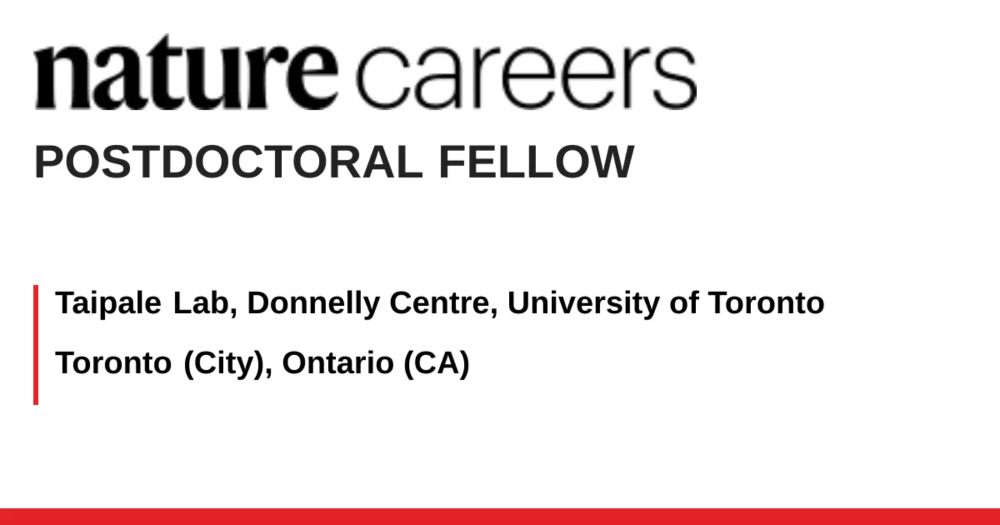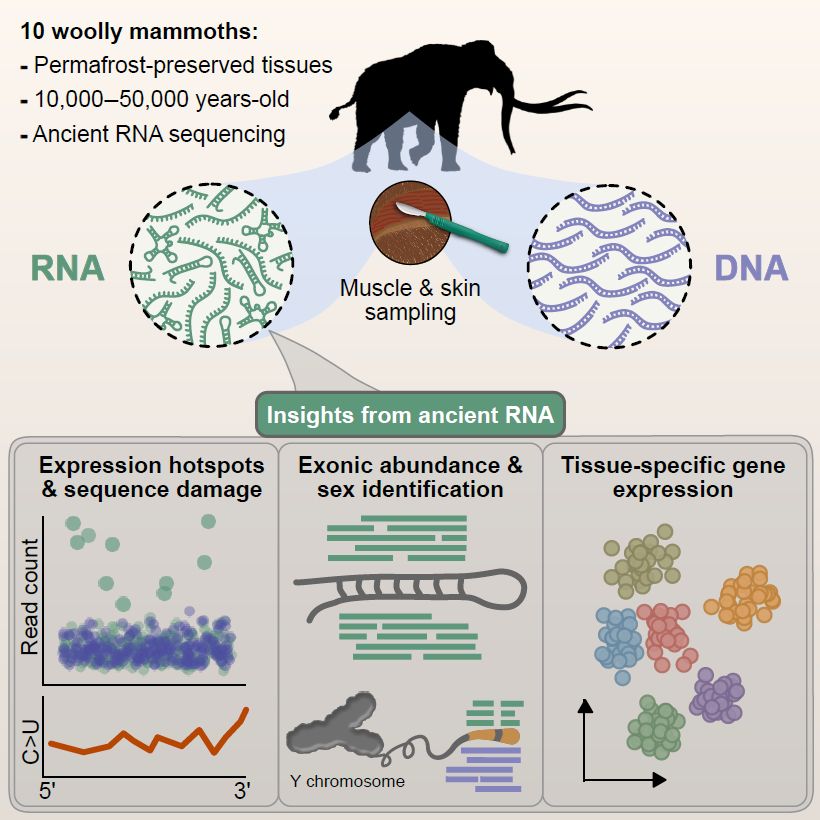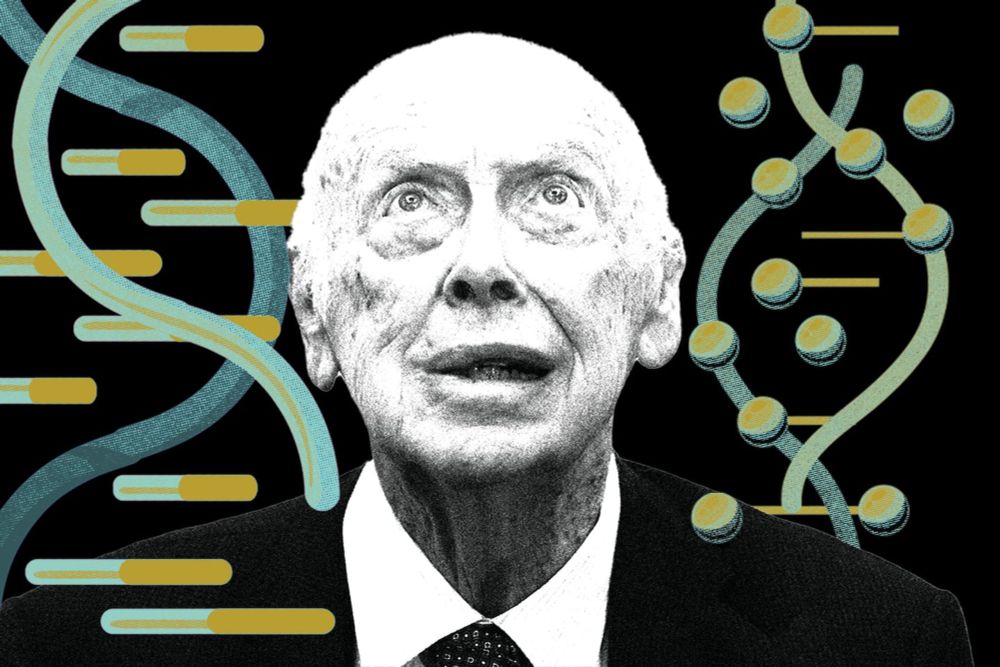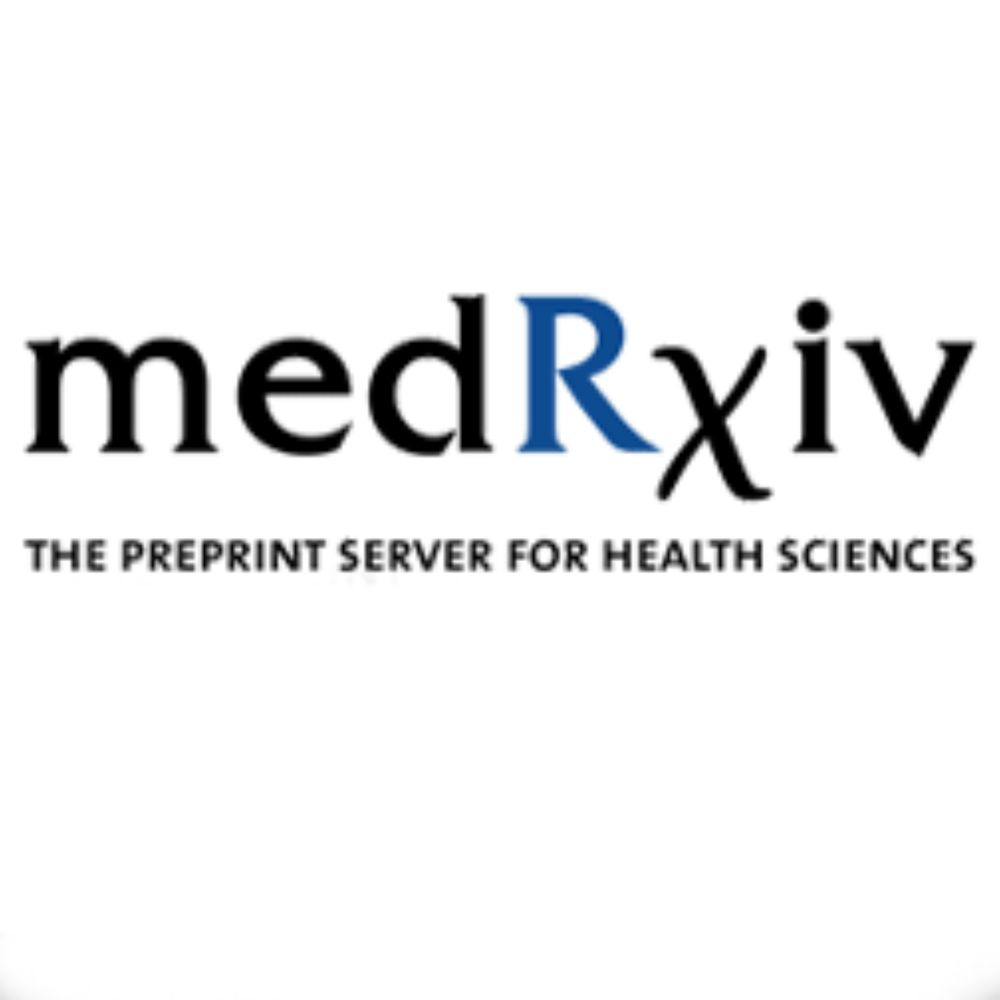

tomtom-lite is a re-implementation of tomtom targeting the ML age of genomics. Fast annotations ("what is this motif?") and simple large-scale discovery of motifs.
Check it out!
academic.oup.com/bioinformati...
tomtom-lite is a re-implementation of tomtom targeting the ML age of genomics. Fast annotations ("what is this motif?") and simple large-scale discovery of motifs.
Check it out!
academic.oup.com/bioinformati...
(TLDR; low-affinity motifs matter as pioneers!)

(TLDR; low-affinity motifs matter as pioneers!)
www.biorxiv.org/content/10.1...
1/n

www.biorxiv.org/content/10.1...
1/n
Apply by Dec 15th here: shorturl.at/4a4O6

Apply by Dec 15th here: shorturl.at/4a4O6
www.nature.com/articles/d41...

www.nature.com/articles/d41...

Submissions are open until February 5, 2026.
📥 Submit: https://www.iscb.org/uk2026/call-for-submissions/abstracts

Submissions are open until February 5, 2026.
📥 Submit: https://www.iscb.org/uk2026/call-for-submissions/abstracts
Highly recommended if you're sick of paying Adobe $. Maybe Canva can buy NPG too and get rid of the OA fees.

Highly recommended if you're sick of paying Adobe $. Maybe Canva can buy NPG too and get rid of the OA fees.

www.cell.com/cell/fulltex...
If you want to know more, read the 🧵 below:

www.cell.com/cell/fulltex...
If you want to know more, read the 🧵 below:

Is it sponges (panels A & B) or comb jellies (C & D) that root the animal tree of life?
For over 15 years, #phylogenomic studies have been divided.
We provide new evidence suggesting that...
🔗: www.science.org/doi/10.1126/...

Is it sponges (panels A & B) or comb jellies (C & D) that root the animal tree of life?
For over 15 years, #phylogenomic studies have been divided.
We provide new evidence suggesting that...
🔗: www.science.org/doi/10.1126/...
By the great Sohini Ramachandran (@sramach.bsky.social) and your boy for The Boston Globe (@bostonglobe.com).
www.bostonglobe.com/2025/11/14/o...

By the great Sohini Ramachandran (@sramach.bsky.social) and your boy for The Boston Globe (@bostonglobe.com).
www.bostonglobe.com/2025/11/14/o...


@simonsfoundation.org. Details to follow. Please RT.
@simonsfoundation.org. Details to follow. Please RT.

"We identify putative common regulatory variants for 83% of all 21,404 genes tested and cumulative rare variant signals for 47% of genes...about half of the effects are observed only in one or a few cell types"
www.medrxiv.org/content/10.1...

"We identify putative common regulatory variants for 83% of all 21,404 genes tested and cumulative rare variant signals for 47% of genes...about half of the effects are observed only in one or a few cell types"
www.medrxiv.org/content/10.1...
www.cam.ac.uk/jobs/faculty...
www.cam.ac.uk/jobs/faculty...
Models for DNA have evolved along separate paths: sequence-to-function (AlphaGenome), language models (Evo2), and generative models (DDSM).
Can these be unified under a single paradigm? 1/15

Models for DNA have evolved along separate paths: sequence-to-function (AlphaGenome), language models (Evo2), and generative models (DDSM).
Can these be unified under a single paradigm? 1/15
I am delighted that our paper exploring the impact of Neanderthal-derived variants on the activity of a disease-associated craniofacial enhancer has been published in Development today!
journals.biologists.com/dev/article/...

I am delighted that our paper exploring the impact of Neanderthal-derived variants on the activity of a disease-associated craniofacial enhancer has been published in Development today!
journals.biologists.com/dev/article/...
For 22 outcomes tested in >=2 trials,
"Meta-analysis revealed no statistically significant effects on any measured outcome"
www.medrxiv.org/content/10.1...

For 22 outcomes tested in >=2 trials,
"Meta-analysis revealed no statistically significant effects on any measured outcome"
www.medrxiv.org/content/10.1...
Our biologically inspired video analysis tool sees motion as colour. Track animals or objects, classify their behaviour, and handle complex natural scenes with ease.
Semi-supervised annotation, no GPUs required, user-friendly, free & open source.
Pre-print tinyurl.com/BehaveAI
Our biologically inspired video analysis tool sees motion as colour. Track animals or objects, classify their behaviour, and handle complex natural scenes with ease.
Semi-supervised annotation, no GPUs required, user-friendly, free & open source.
Pre-print tinyurl.com/BehaveAI
In new work @nature.com with @hakha.bsky.social, @jkpritch.bsky.social, and our wonderful coauthors we find that the key factors are what we call Specificity, Length, and Luck!
🧬🧪🧵
www.nature.com/articles/s41...

In new work @nature.com with @hakha.bsky.social, @jkpritch.bsky.social, and our wonderful coauthors we find that the key factors are what we call Specificity, Length, and Luck!
🧬🧪🧵
www.nature.com/articles/s41...

